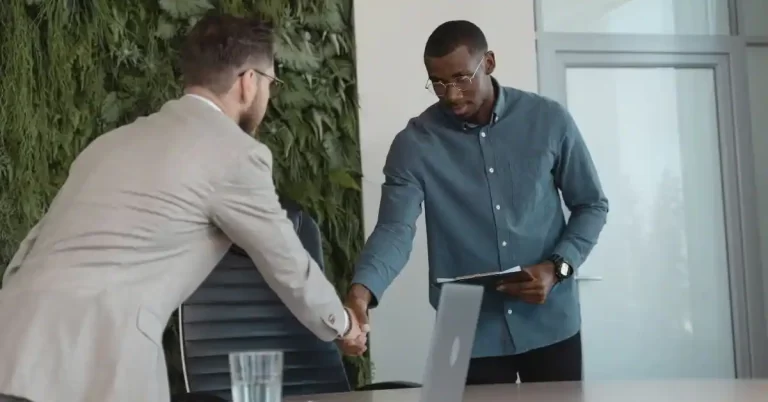Introduction:
In today’s competitive job market, technical interviews play a crucial role in assessing candidates’ skills, knowledge, and suitability for various roles in technology-related fields. While technical expertise is undoubtedly important, mastering the technical interview requires more than just technical know-how. Interview psychology, the understanding of human behavior and interaction dynamics during interviews, plays a significant role in shaping the outcomes of technical interviews.
Understanding Interview Dynamics:
Technical interviews often involve complex problem-solving tasks, coding challenges, and in-depth discussions about technical concepts. However, beyond evaluating technical proficiency, interviewers also assess candidates’ communication skills, problem-solving approaches, and ability to collaborate effectively. Interview psychology comes into play in several key aspects of the technical interview process.
Building Rapport:
Establishing rapport with the interviewer(s) is essential for creating a positive interview experience. Candidates who demonstrate genuine interest, enthusiasm, and professionalism are more likely to leave a favorable impression. Interview psychology emphasizes the importance of nonverbal cues, active listening, and empathy in building rapport and fostering a positive interviewer-candidate relationship.
Effective Communication:
Clear and concise communication is critical during technical interviews, especially when explaining complex concepts or walking through problem-solving steps. Interview psychology highlights the significance of structuring responses logically, using appropriate terminology, and adapting communication style to the interviewer’s level of technical expertise. Candidates who can articulate their thoughts effectively are better able to convey their qualifications and problem-solving abilities.
Managing Stress and Pressure:
Technical interviews can be nerve-wracking, leading to increased stress and performance anxiety for candidates. Interview psychology offers strategies for managing stress and pressure, such as deep breathing, positive self-talk, and visualization techniques. By staying calm and composed, candidates can think more clearly, perform better under pressure, and demonstrate resilience in challenging situations.
Demonstrating Problem-Solving Skills:
Technical interviews often include problem-solving tasks and coding challenges designed to assess candidates’ analytical thinking and problem-solving abilities. Interview psychology emphasizes the importance of approachability, collaboration, and adaptability in tackling technical problems. Candidates who demonstrate a systematic problem-solving approach, ask clarifying questions, and seek feedback throughout the process are more likely to succeed.
Handling Behavioral Questions:
In addition to technical challenges, technical interviews may also include behavioral questions to assess candidates’ soft skills, teamwork abilities, and cultural fit. Interview psychology suggests preparing concise yet compelling examples that demonstrate relevant experiences, achievements, and lessons learned. By aligning responses with the company’s values and culture, candidates can effectively showcase their suitability for the role.
Conclusion:
Mastering the technical interview requires a combination of technical expertise and interview psychology skills. By understanding interview dynamics, building rapport, communicating effectively, managing stress, demonstrating problem-solving skills, and handling behavioral questions, candidates can increase their chances of success in technical interviews. Ultimately, integrating interview psychology principles into technical interview preparation can help candidates showcase their full potential and land their dream job in the tech industry.






No Comments on Interview Psychology In Technical Interview